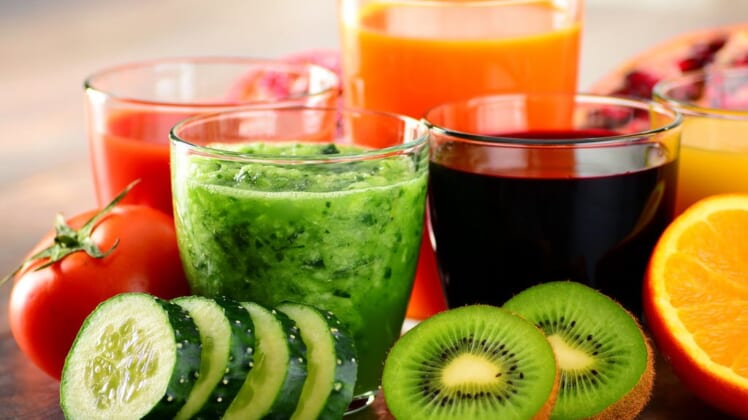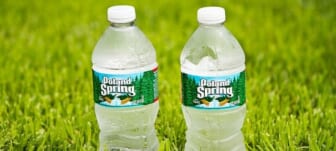
Juice cleanses seem to have reached a new height of trendiness. Just look at the star power behind juice cleanses – Selma Hayek, Gwyneth Paltrow, and Jessica Alba are just a few A-listers who have gone public with their love for juice. And the idea is appealing.
Everyone wants to start over sometimes, especially after a stress-filled week of packaged foods and too many trips through the drive-thru. But does it really work that way? Can saying no to solid food and yes to fruit and vegetable juice for a few days improve your health and kill your cravings for junk?
What a Juice Cleanse is designed to do?
Let’s take a look at what juice cleanses are and what they are designed to do. There are many programs, and each one is a little different. Some completely eliminate solid foods while others allow snacking on fruits and vegetables, but they’re all based around the idea that getting most of your nutrients from fruit and vegetable juice (and sometimes nut milks) for a certain number of days can cleanse your body of toxins and improve your health.
Do Juice Cleanses rid your body of toxins?
Let’s look at the primary claim – that juice cleanses will rid your body of toxins. There’s simply no scientific evidence that this is true. To be fair, there’s not ironclad evidence that it’s false either, but the burden of proof lies with the companies and health gurus making the claim. And biologically, there aren’t a lot of reasons to believe that the body works the way they say it does.
Your body is great at removing toxins, whether you’re eating solid food or not. Your liver and your kidneys have quite a few jobs, but one of their most important is to break down and eliminate normal quantities of toxic chemicals. And a properly-functioning colon cleans itself without any special help.
The vitamins and minerals of a Juice Cleanse?
What about the vitamins and minerals packed into these juices? Of course the juices themselves can be healthy. They’re made from produce, an essential part of a healthy diet. And these juices, especially ones lower in sugar, can also be helpful as a dietary supplement for people who don’t get enough fruits and vegetables in their diets, but they can also be very low in protein, insoluble fiber, and calories, making them an incomplete source of nutrition.
Eating a large variety of foods is really the only way to consume a healthy array of nutrients. Even nut milks, which are higher in protein than fruit and vegetable juices, don’t contain all nine essential amino acids found in complete proteins. And the longer you go without essential nutrients, the worse you’ll feel.

Is Your Diet Making You Depressed?
Juice cleanses aren’t for weight loss
Many advocates of juice cleansing emphasize that the goal of cleanses isn’t weight loss, but many of the consumers purchasing these products are concerned about their weight and expect a juice cleanse to help them drop pounds fast. And it might, but only because your body is responding to what it perceives as starvation and dropping muscle mass along with fat. It also slows your metabolism, making it more likely that you’ll gain weight after you break your fast.
Juice Cleanse guidelines
The professional consensus seems to be that most juice cleanses aren’t going to do you any permanent harm. There are a couple of common-sense guidelines you can follow to make your juice cleanse safer:
- Keep it short and try to consume as much variety as possible.
- Ideally, you’re consuming some solid food with your juice.
- Expect to experience side effects like dizziness, moodiness, fatigue, weakness, and headaches.
- Some juice cleanses claim that these are the effects of toxins leaving your body, but they’re more likely the effect of calorie deprivation.
- The healthiest way to use juice may be to supplement your diet with low-sugar fruit and vegetable juices for an extra boost of antioxidants and other nutrients.
Juice Cleanses are not for everyone
Juice cleanses should be avoided by people with diabetes and should be used with caution and only under the supervision of a doctor by pregnant and nursing women. If you’re considering a change to your diet, consult with your doctor first. If you experience extreme side effects during a juice cleanse, seek medical help.


